Best Chet Baker Pieces: 20 Jazz Essentials
An introduction to the man who brought an elegant style and rhythmic grace to the trumpet, in addition to a fragile, unique singing voice.
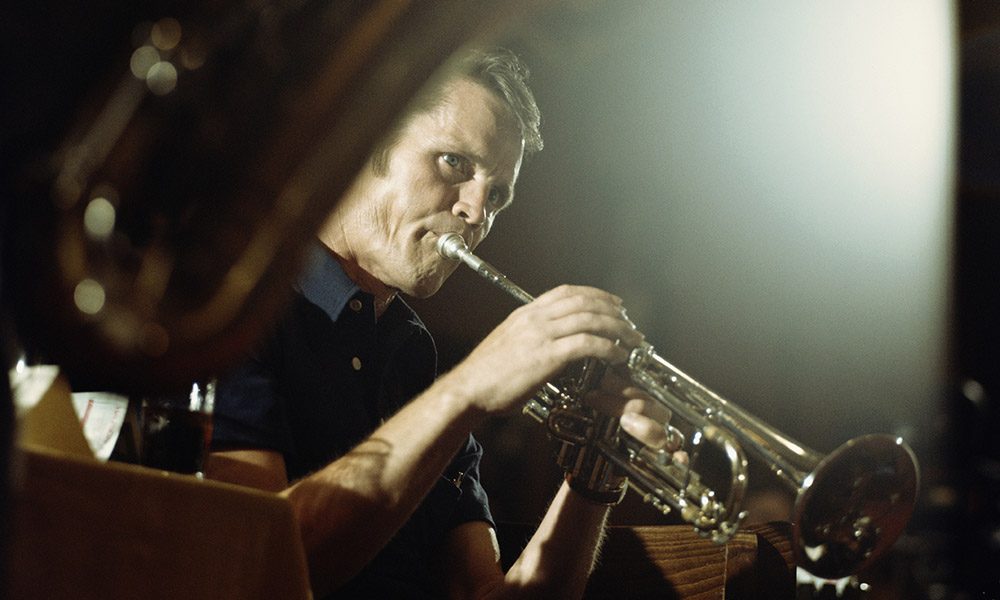
It can be difficult to untangle the romantic myth surrounding Chet Baker from the merits of his music. His stratospheric rise in the early 1950s owed much to the elegant style and rhythmic grace of his trumpet playing, but his good looks didn’t hurt, and by the time he started to sing in a fragile and androgynous tone that sounded unlike any other singer, he became a teenage pin-up and a celebrity, a rarity in the jazz world.
Baker spent his early years in Oklahoma and moved to Southern California with his family as an adolescent. By 1952, he became a regular at jam sessions at the Hermosa Beach club The Lighthouse and played with Charlie Parker on a string of dates on the West Coast. Once Baker hooked up with baritone saxophonist and composer Gerry Mulligan, the scene formed around The Lighthouse had developed a distinctive identity called West Coast jazz. The style was cool, pretty, and controlled, and Baker was on his way to becoming one of the scene’s biggest stars (it should also be noted that many of the players were white, which made the movement easier to market and had something to do with the copious media coverage surrounding it).
By the middle of the 1950s, Baker had left Mulligan’s group and was making records under his own name. He won several Downbeat polls for best vocalist and best trumpet player, and he was one of the biggest new stars in music. But drugs and legal problems caught up with him, and by the 60s a string of arrests and periods in jail led him to Europe, where he was received reverently even as trouble followed him. There, the tragic details of his life only added to his myth, and his exploits were fodder for newspaper tabloids.
Over his last two decades, his music took an increasingly slow and mournful turn. He mostly lived in Europe and recorded for small labels on the Continent, and he became a tragic cult figure.
Listen to the best Chet Baker pieces on Apple Music and Spotify.
Heartthrob Vocalist
When Baker played a supporting role in Gerry Mulligan’s innovative quartet – the group included no piano, unusual at the time, and its absence allowed them to experiment with harmony – one song in their set was “My Funny Valentine,” a relatively obscure number from a Rogers & Hart musical. In instrumental form, it was a showcase for Baker’s brooding tone, played in the trumpet’s lower register with minimal inflection. Not long after, Baker began singing on “My Funny Valentine” as well as playing his horn, and when he formed his own group with pianist Russ Freeman it became his signature song.
Baker recorded “My Funny Valentine” many times, and it was a staple of his life set until his last days, but never bested the version he cut in 1954, which first appeared on Chet Baker Sings. His voice is so soft it brings to mind a whisper; he somehow makes youthful, almost goofy innocence sound haunting. “Let’s Get Lost,” recorded a year later, is comparatively sunny and uptempo, and Baker’s vocals ooze charm. It became another of his signature songs. “Everything Happens to Me” comes from Chet Baker Sings It Could Happen to You, from his late 50s stint on Riverside, and it’s a classic ballad that benefits from the velvety recording.
The Young Man With The Horn
Though his singing voice brought him mainstream recognition, most recordings of Baker in the first dozen years of his career were instrumental, and the best of them are potent examples of small-group jazz when competition in this area was very intense.
Gerry Mulligan’s piano-less quartet served as Baker’s breakthrough, and the band’s early sides haven’t aged a day. The band’s version of “Lady Is a Tramp” from 1953 reveals the obvious influence of Miles Davis’ Birth of the Cool sessions a few years earlier, for which Mulligan was present. He and Baker unfurl long melodies that braid together and suggest unusual harmonic policies while never losing sight of the tune. “I’ll Remember April” is from Witch Doctor, a live set from 1953 released decades later. It puts us in the room of the legendary club and shows Baker in an early but fully formed state, trading riffs with saxophonists Bud Shank and Jimmy Giuffre while Freeman, bassist Howard Rumsey, and drummer Max Roach swing like mad. The following year, Baker cut “Stella by Starlight” with his sextet and the version is warm and breezy but in the pocket, as Baker’s notes seem to dance in mid-air.
In 1955, Baker embarked on an extensive European tour with a band that included young pianist Dick Twardzik, whose harmonically rich playing fascinated jazz insiders. They recorded extensively in Paris and “Mid-Forte,” taken from the first edition of Chet in Paris, shows the interplay between the two. Twardzik plays slightly dissonant clusters in the upper register over which Baker zig-zags confidently, and the contrast is beautiful.
Baker first cut “Look for the Silver Lining” several years earlier, but the instrumental version recorded with a sextet of Italian players in Milan in 1959 is special. The trumpeter’s opening statement is relaxed and floating and he embellishes the melody but never strays too far from it. The previous year, Baker cut a fine album with tenor saxophonist Stan Getz, a kindred spirit whose airy style and deft soloing helped to define cool jazz. They join forces on a brilliant medley of three standards, “Autumn In New York/Embraceable You/What’s New,” taken at a leisurely tempo. Baker’s tone is fat compared to his more impressionistic ballad work and provides an earthy contrast to Getz’s moodier lines.
That same year, Baker recorded Miles Davis’ “Solar” for the outstanding LP Chet Baker in New York, borrowing bassist Paul Chambers and drummer Philly Joe Jones from Davis’ band. Chambers and Jones swing mightily and Baker ably navigates the groove, building tension for several bars at a time and then releasing it like a sigh.
Deep Dreams
Whether singing or playing trumpet, Baker was a master of atmosphere. As his career progressed, he gravitated toward slow tempos and hazy arrangements dripping with vibe. A handful of songs from the late 1950s and into the 60s showcase this rapturous side of Baker’s music. “Deep in a Dream,” which Baker later said was his single favorite song, gets an impossibly lush arrangement on 1959’s Chet Baker With Fifty Italian Strings and Baker matches its reverie with a soft yet confident vocal.
“Alone Together,” the opening cut from Baker’s classic 1958 LP Chet – arguably his best full-length – shows how he could inhabit this near-ambient space on an instrumental tune. Pianist Bill Evans sets the table beautifully with an introductory passage that shares musical DNA with his immortal composition “Blue in Green,” and when Baker enters his solo conveys romance and mystery. “I Talk to the Trees” also comes from Baker’s period on Riverside and is the highlight from his record, Chet Baker Plays the Best of Lerner & Loewe. His horn bathed in reverb, Baker stretches out each note of the melody to maximize its emotional impact.
In 1964 and 1965, Baker often played flugelhorn in the studio and during this era he recorded an album-length tribute to Billie Holiday with a 10-piece band. Though he doesn’t sing on the record, he conveys some of Holiday’s specific elegance on “Don’t Explain,” making the most of the horn’s softer and rounder tone. “Stairway to the Stars” was originally issued the same year on the Prestige LP Comin’ on With the Chet Baker Quintet and was later repackaged as the title track on a compilation of his work on the label. Baker is again on flugelhorn, and his solo captures the song’s deep sense of ache and longing.
Still Smokin’
While we will always know Baker best for his ballad work, he could still cook on uptempo material, even as his health worsened. “This Is the Thing,” from the album Baby Breeze, is a dense and hectic workout cut late in 1964. After an opening statement from alto saxophonist Frank Srozier, Baker enters, blasting short phrases to make the mellower flugelhorn sound especially light and joyful. “Go-Go,” originally found on Boppin’ With The Chet Baker Quintet, finds Baker playing a pungent solo at breakneck speed.
The Long Goodbye
Baker’s final two decades were an endless stream of gigs and recording sessions, and he mostly stayed in Europe. For the title track of the 1977 album You Can’t Go Home Again, Baker trades solos with alto saxophonist Paul Desmond, a cool jazz compatriot with a clarion tone. Desmond had terminal cancer – this was one of his last studio dates – and he and Baker trade poignant solos over electric piano and strings. In 1983, Baker met up again with Stan Getz, this time for a series of concerts in Northern Europe. Baker tackles “But Not for Me” at high velocity, and by this point scatting was a regular part of his vocal repertoire. His piercing, wordless solo isn’t perfectly in tune but has an impressive rhythmic drive.
Of Baker’s late-career works, Diane, his 1985 duet album with pianist Paul Bley, could be his masterpiece. Though Bley’s studied and formalist style might seem an odd fit with Baker’s intuitive lyricism, they meld together beautifully on “How Deep Is the Ocean,” Baker’s breathy tone filling in the vast space left in Bley’s sympathetic accompaniment. Even this late, after countless drug busts and periods of near poverty, Baker’s soloing is pure poetry, finding the beating heart at the center of the song. He enjoyed an uptick in attention during the decade, culminating in Bruce Weber’s 1988 documentary Let’s Get Lost. But alas, Baker didn’t live to see the film’s premiere. He died under mysterious circumstances after falling from a hotel room window in Amsterdam months before its release, an incident that has never been fully explained. He was 58.


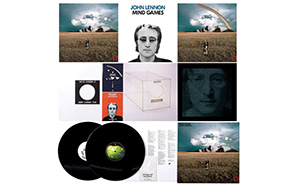
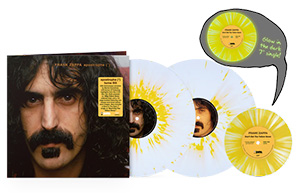

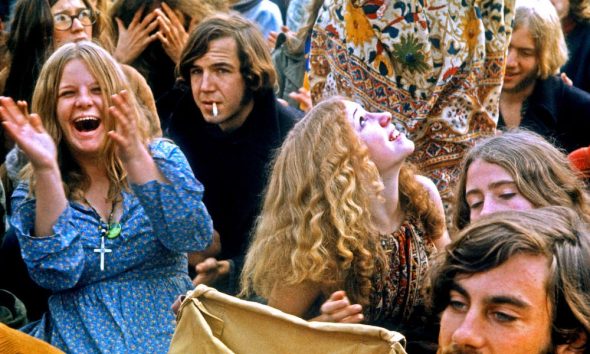
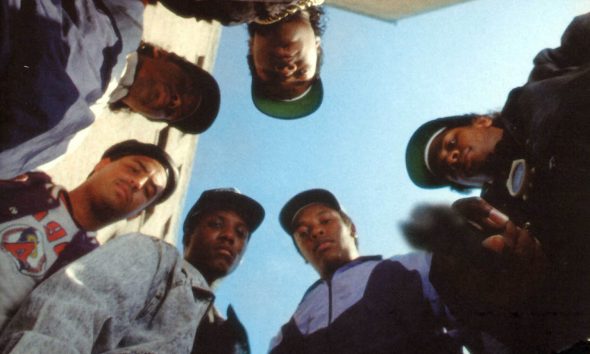

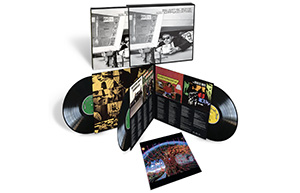

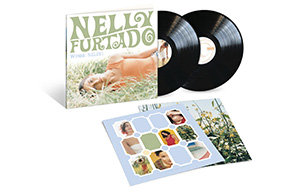
DeDe
December 23, 2020 at 6:41 pm
Great read here!
*although one small correction, my man Stan Getz was a Tenor player
Todd Burns
December 17, 2021 at 2:25 pm
Thank you for letting us know! We’ve made that edit in the piece now.
Henrique
December 22, 2021 at 12:22 pm
I agree with the other ones, but not with My funny Valentine. The far best one, and probably the best one ever, is sung/played in My favourite songs.
KnoxAnn Armijo
December 23, 2021 at 1:56 pm
Thank you for loving this very ethereal beautiful and delicate soul aka Chet Baker. He expresses the human frailties of us all. I saw him
perform live at he Trident in Sausalito long before it was some hippie place. It was a venue for genius musicians. Tony, intimate and beautiful sitting on a pier in San Francisco Bay.
Steve Uttley
January 19, 2023 at 11:37 am
I can only access 10 of these, is there another page? I agree a lot of these though I think the Chet album is overrated, short tracks and short or non-existent solos, though maybe some people like to hear mainly the original tunes. I think a fair list needs to include at least one of his guitar trio albums from the 80s. My preference would be Chet’s Choice on the Criss Cross label, a truly brilliant album. Also I disagree that he was a tragic figure in his last 20 years. His personal life was a mess unfortunately (but that was sadly the case through most of his life). However for me his playing is much better. Better and longer phrasing and solos taking account of more recent harmonic and melodic developments but still Chet Baker.